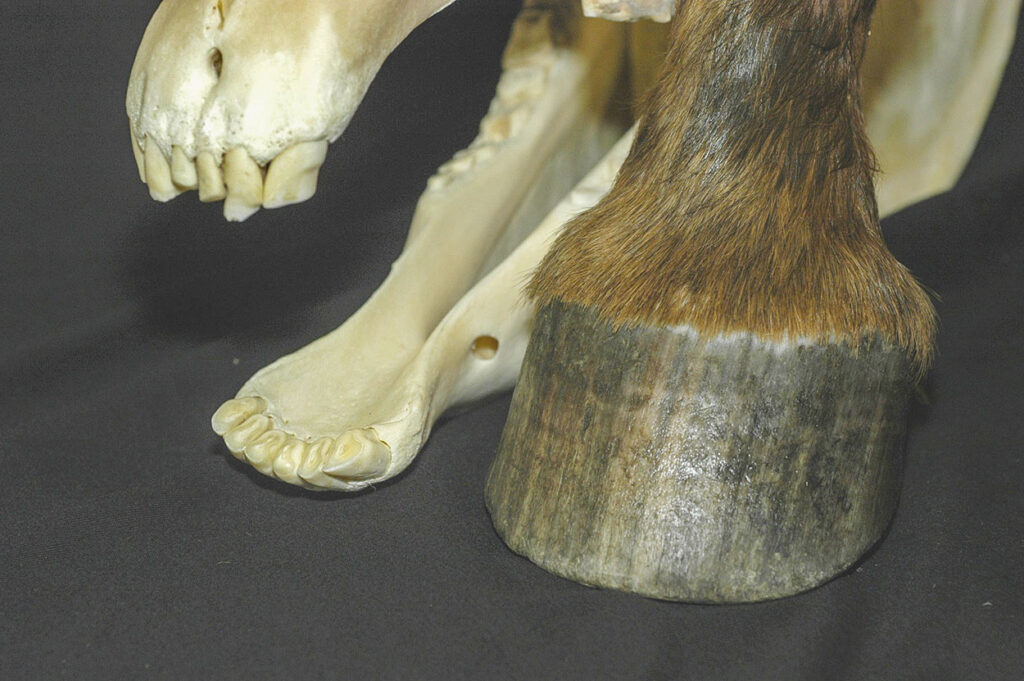
How the Equine Hoof Holds Up Over a Lifetime
Healthy, well-maintained hooves can remain strong and functional for decades—supporting horses from their first wobbly steps to their final years. Read more in The Horse‘s Older Horse 2025 issue.
Horse breeding from planning through foal care

Healthy, well-maintained hooves can remain strong and functional for decades—supporting horses from their first wobbly steps to their final years. Read more in The Horse‘s Older Horse 2025 issue.
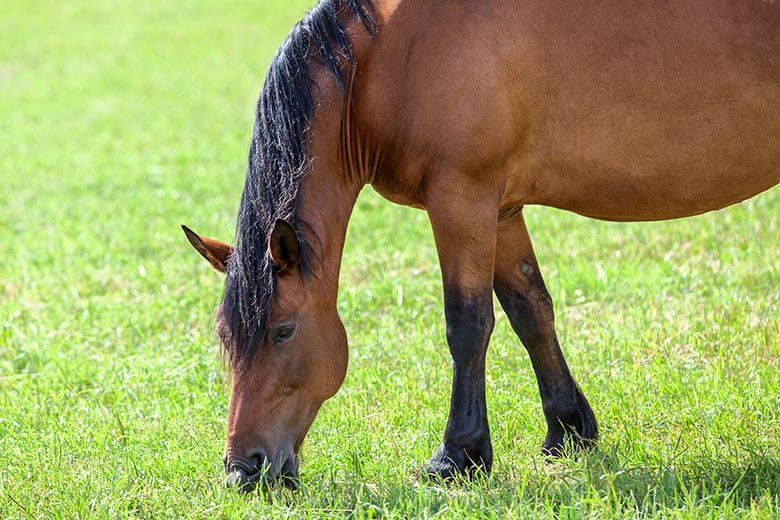
Nutritional evaluations take the guesswork out of whether your horse is consuming a balanced diet.
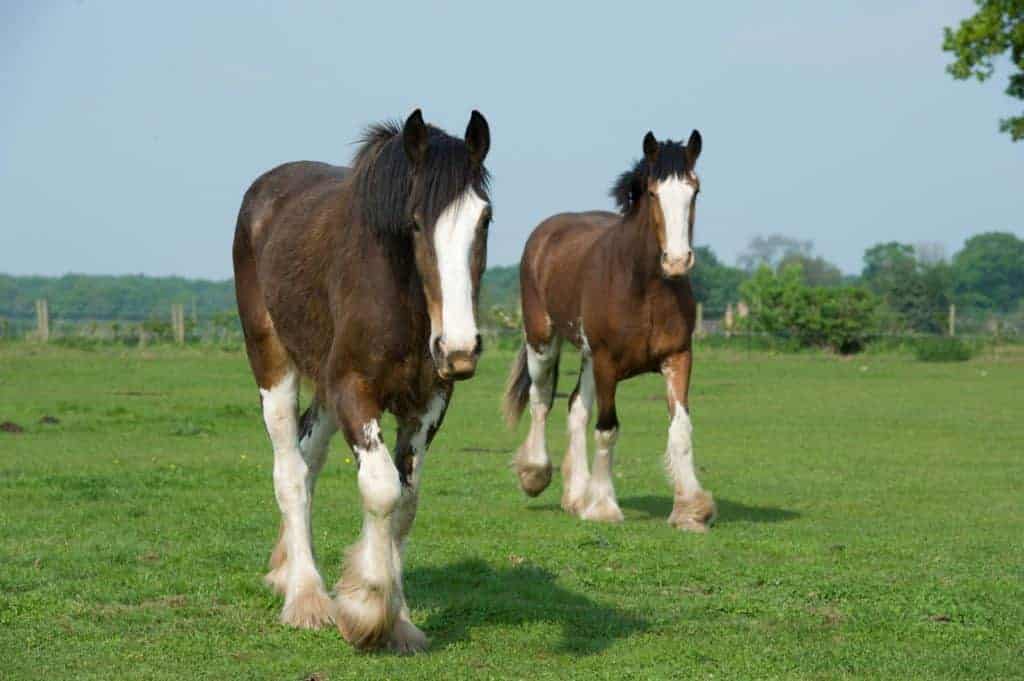
Find out how the amount of time your young horse spends in turnout might affect his joint development, especially in the first years of life.
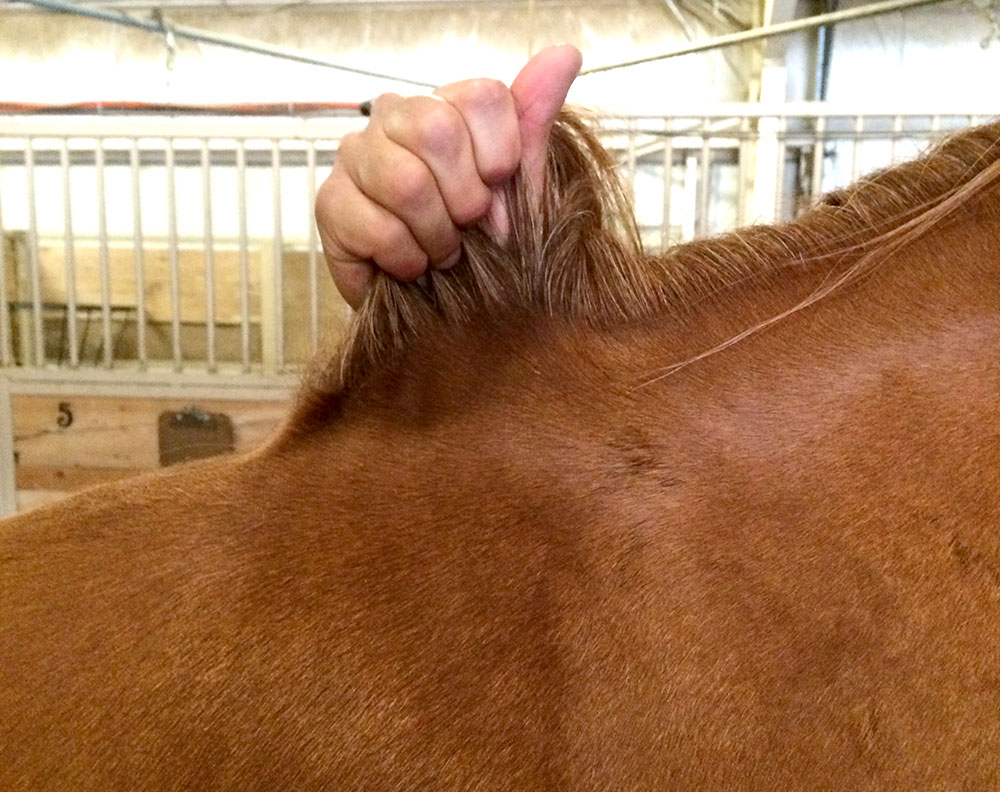
Greater awareness and ongoing research mean fewer foals are being born with this genetic skin condition.
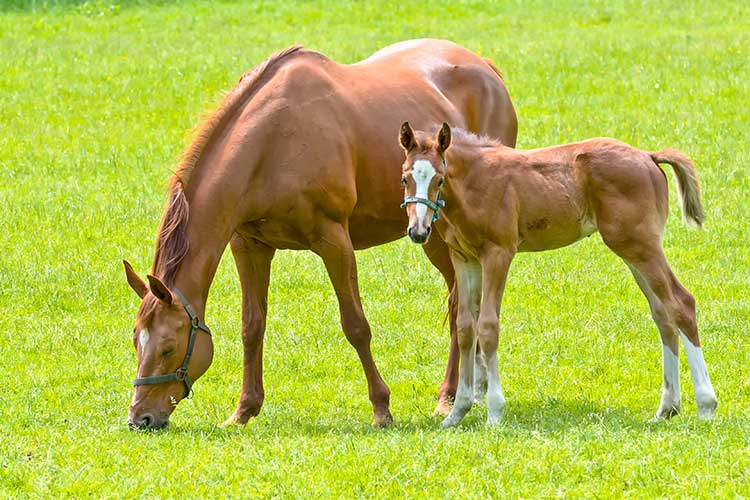
Recent research offers fresh insights on post-ovulation breeding timing, risks of broodmare obesity, and twin reduction outcomes.

During the 2024 AAEP Kester News Hour experts shared new research on equine genetics, atrial fibrillation detection, neck pain, and updated EHV guidelines.
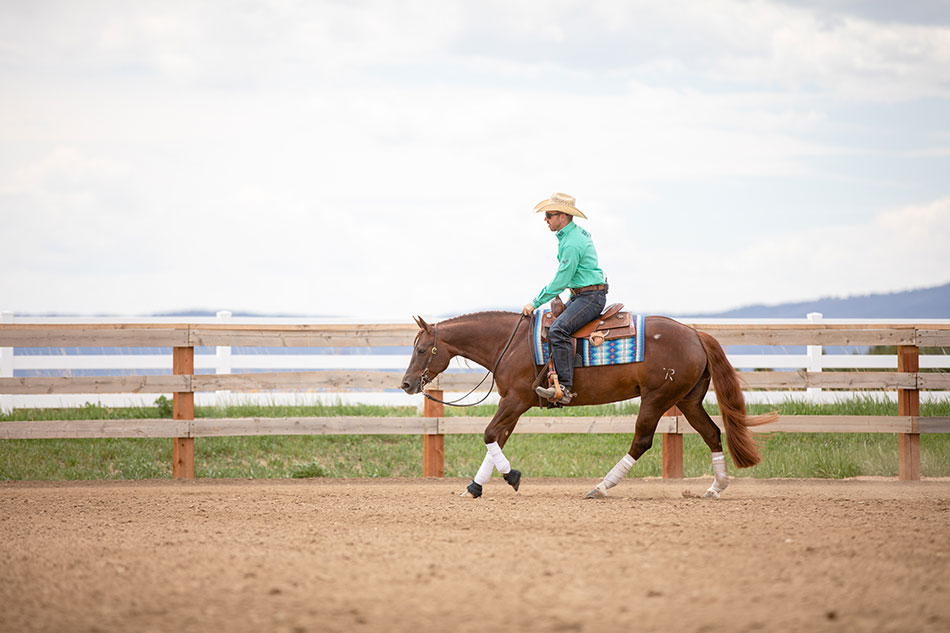
Mares get a bad rap for recalcitrant estrous behavior, but hormones and tumors could also be at play.
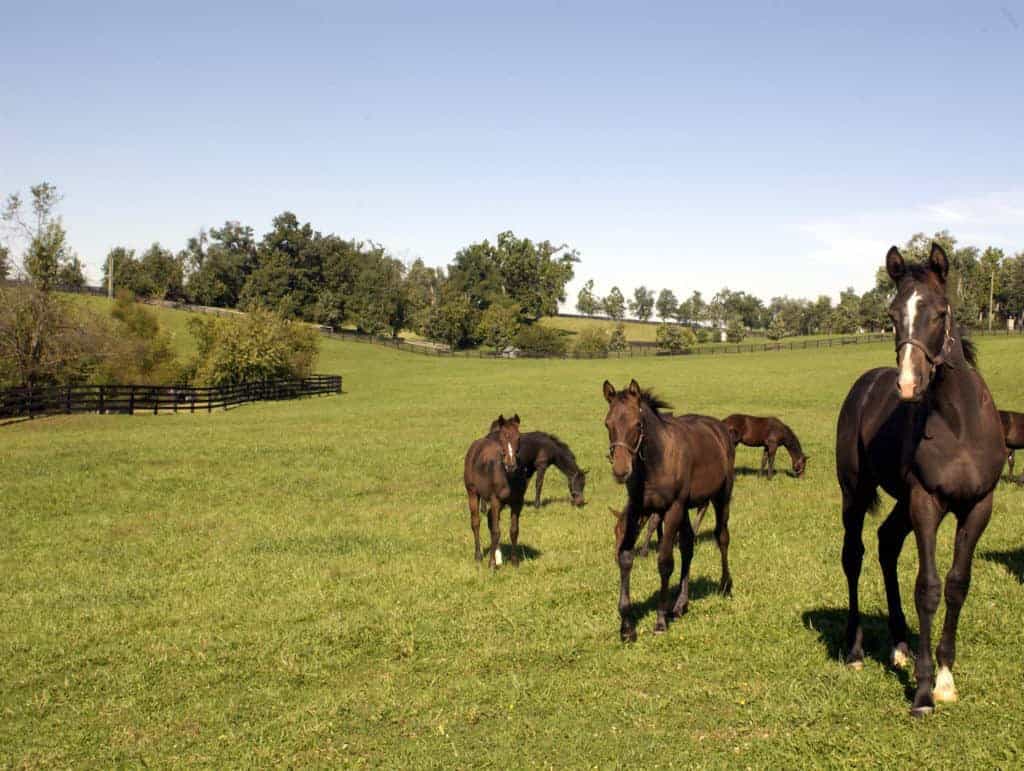
Find out how to make the weaning transition smoother for foals by meeting their nutritional needs.
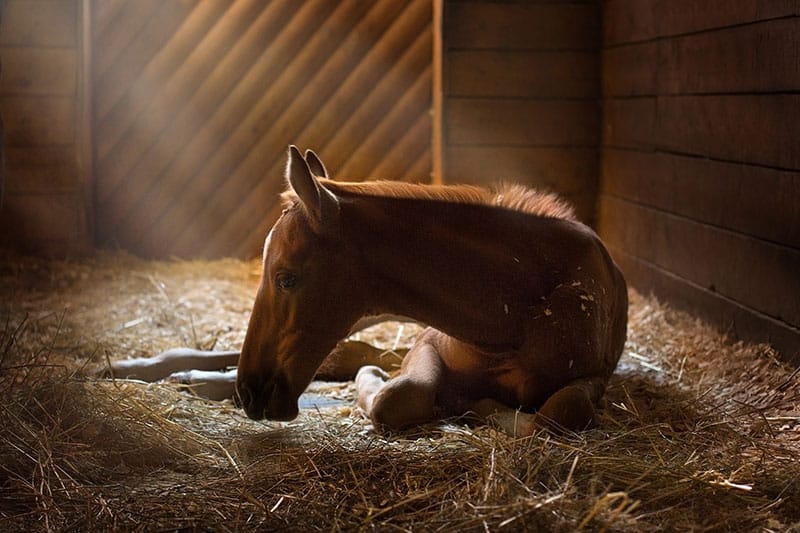
Selective treatment strategies can combat antimicrobial resistance while protecting foals from R. equi. Read more in The Horse‘s Spring 2025 issue.
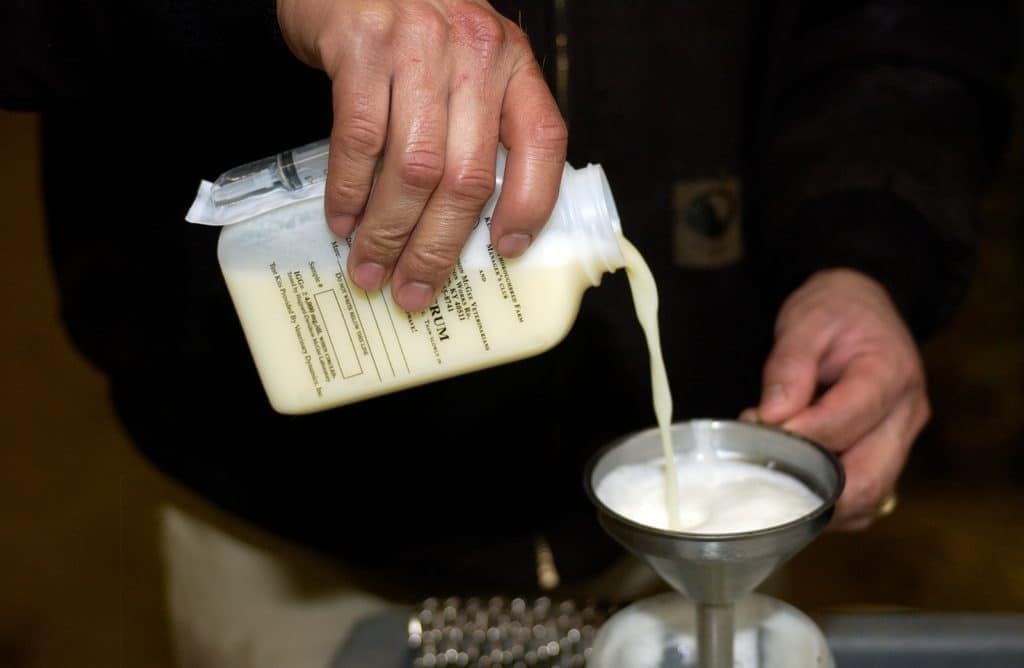
Researchers highlighted the correlation between the quality of a mare’s colostrum and her foal’s health in the 130 days after birth.
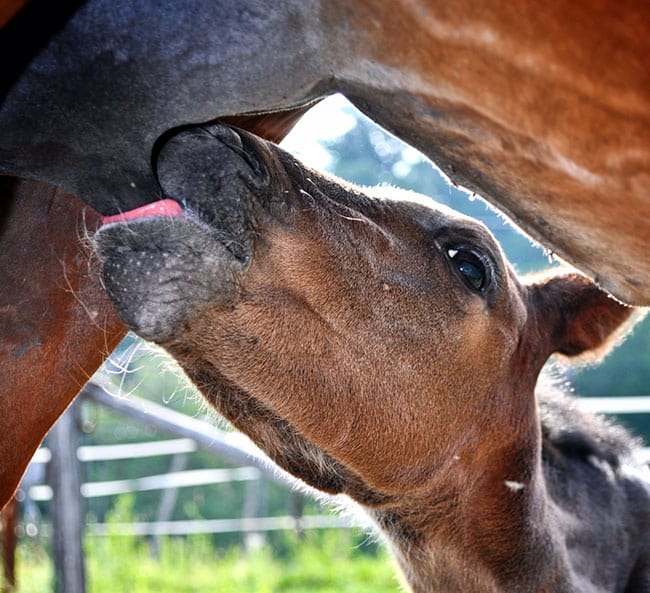
Why is milk coming out of my foal’s nose? One expert shares causes, diagnosis, and treatment for dysphagia in foals.
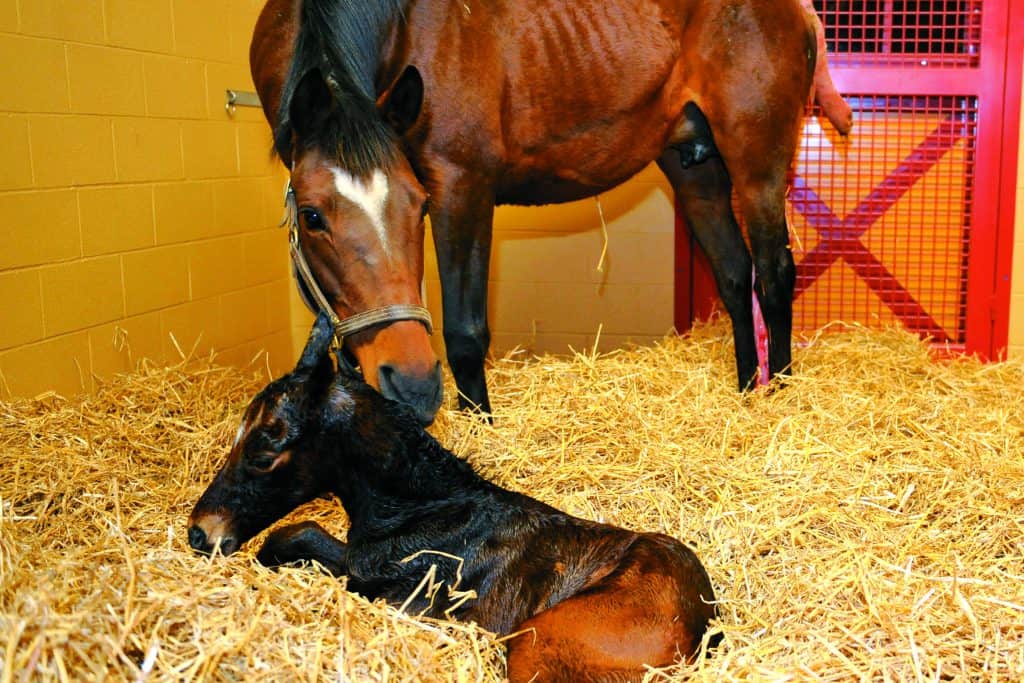
Post-foaling, this type of colic can be life-threatening to broodmares and their foals.
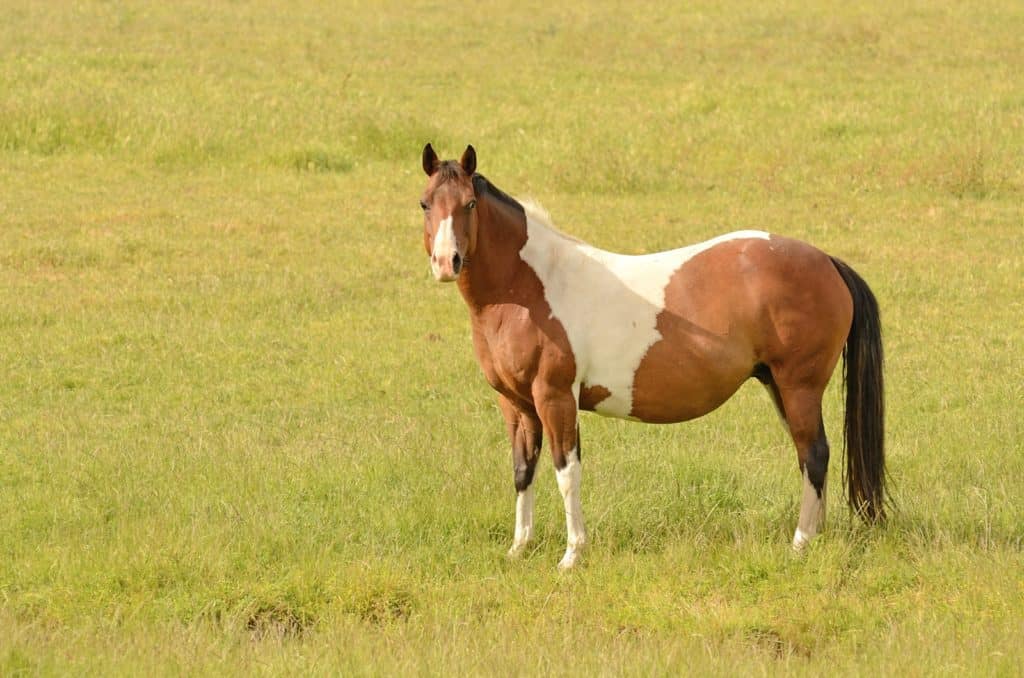
A theriogenologist describes risk factors for abortion at all stages of a mare’s gestation.
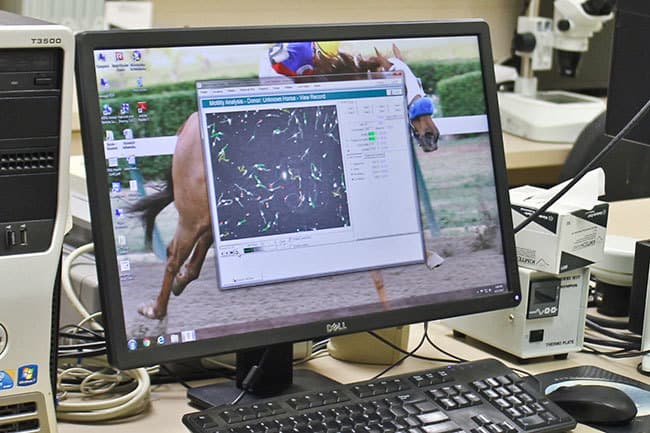
From collection to artificial insemination, semen processing and transport must be carried out meticulously to maximize horse fertility rates.
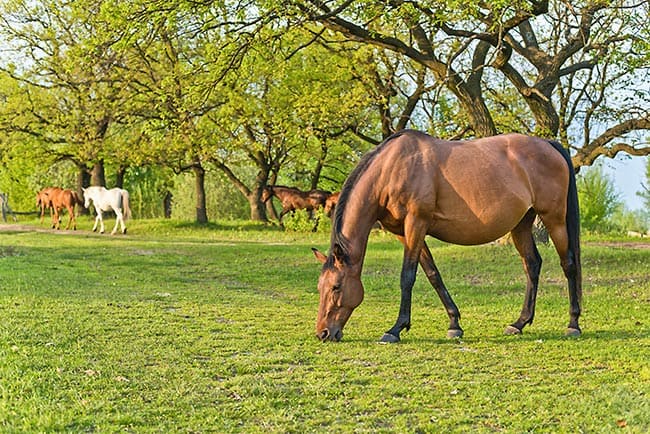
Reserve antibiotics in equine reproduction for proven infections, not routine use. Vets should utilize alternative treatments to reduce AMR risk when possible.
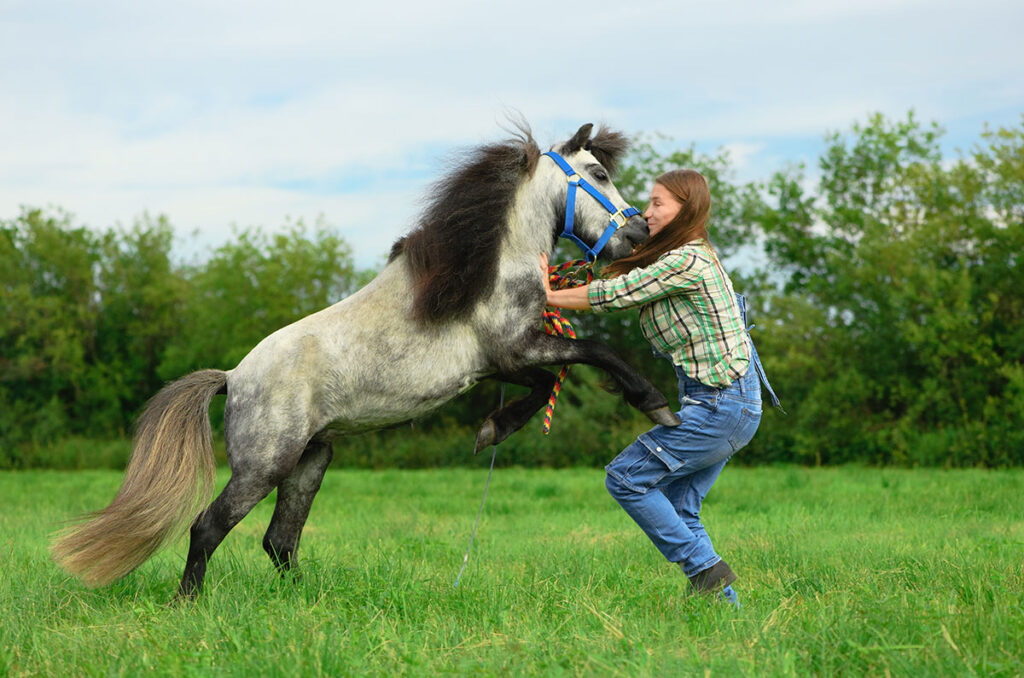
What drives equine aggression—and how can training help? Find out in this article from The Horse’s Spring 2025 issue.
Stay on top of the most recent Horse Health news with
"*" indicates required fields